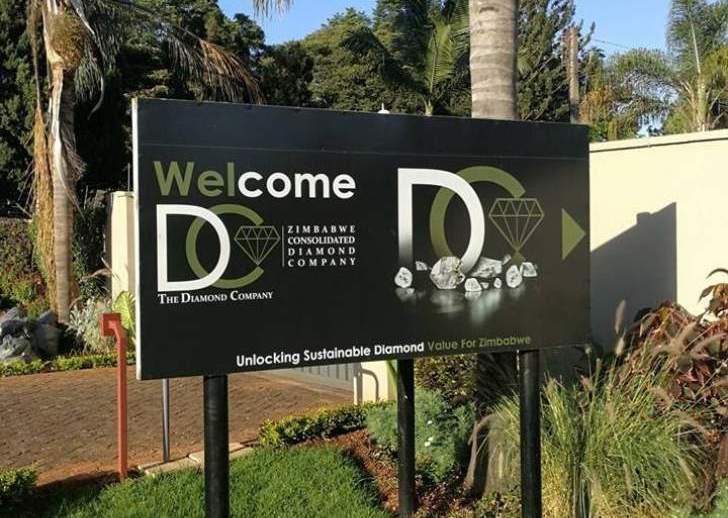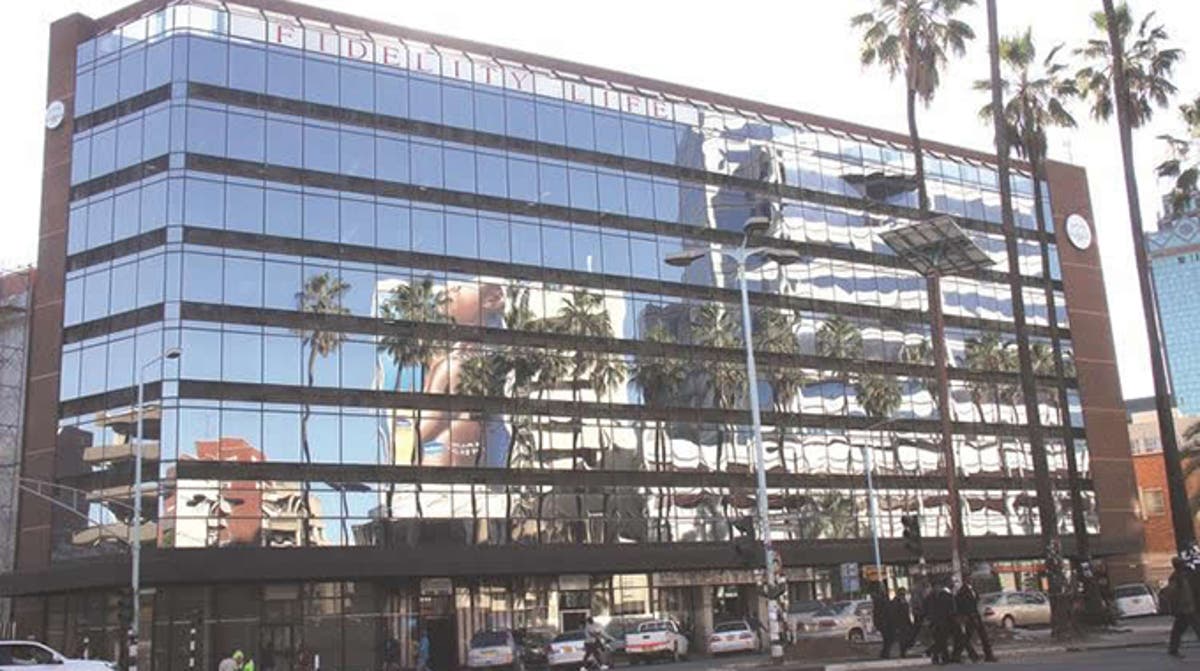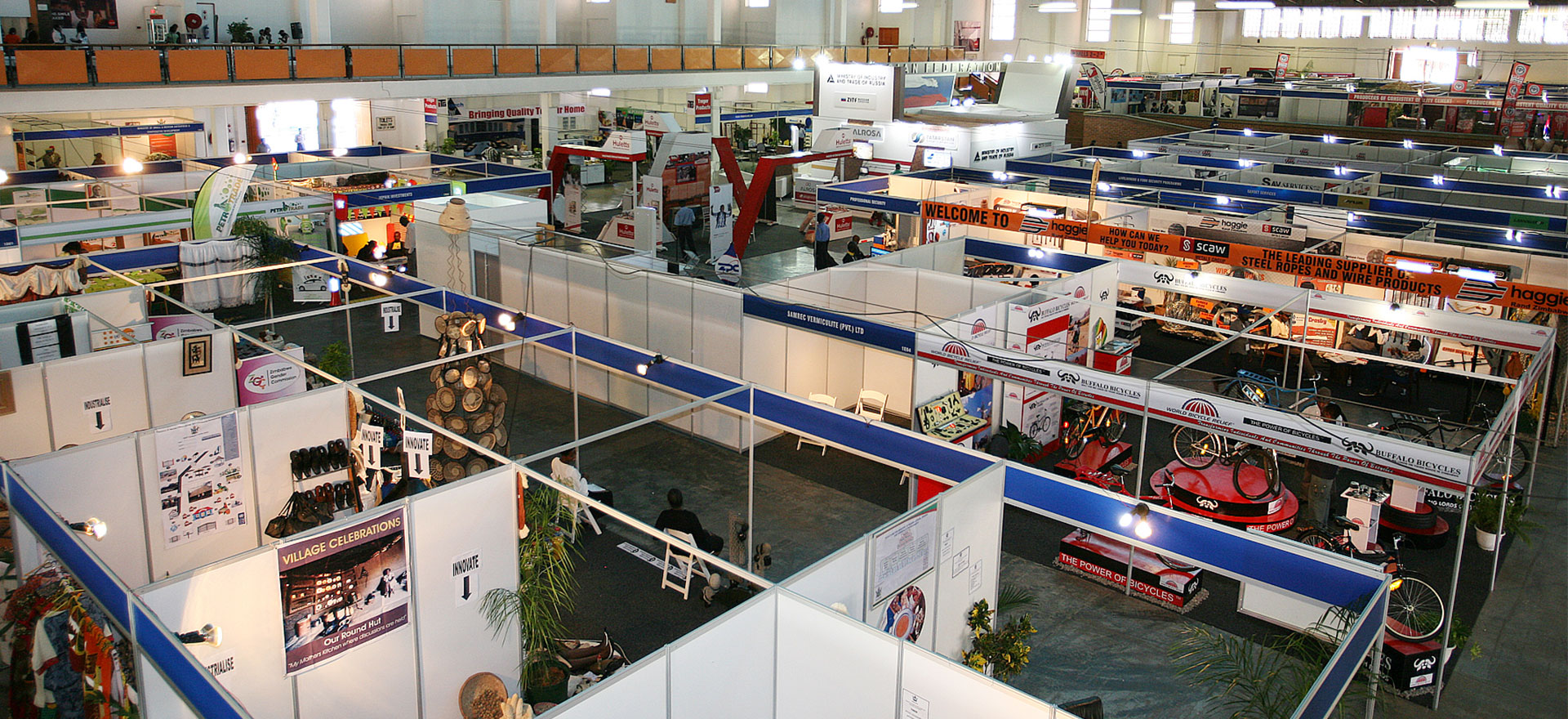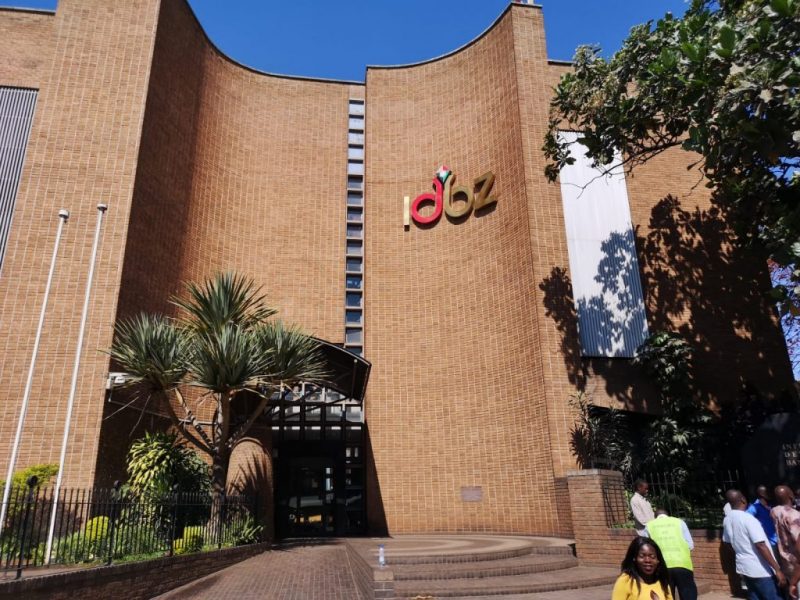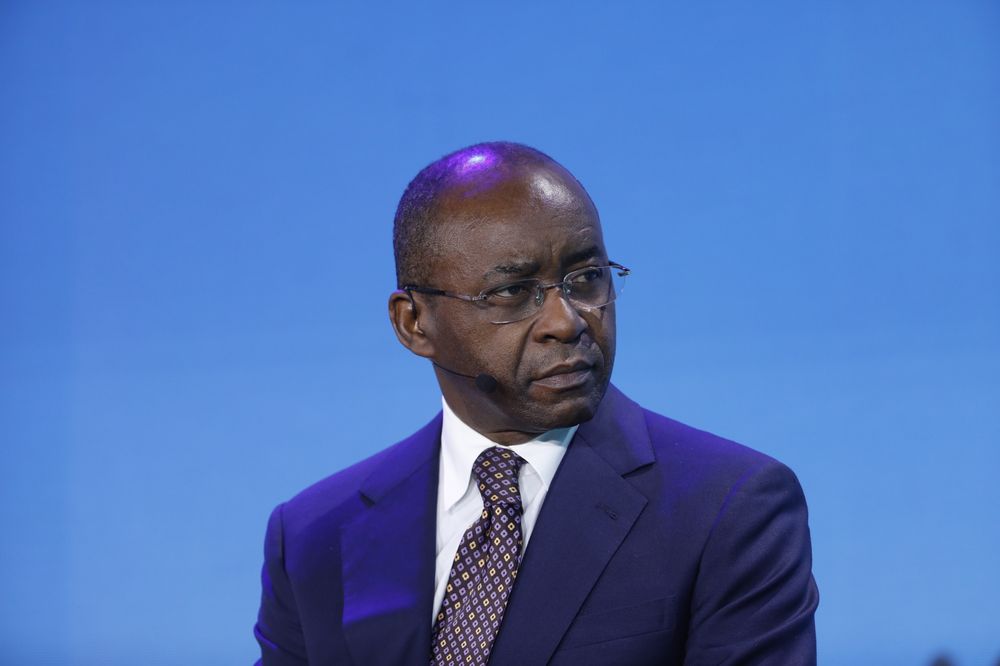Can the African become a true capitalist?
On December 1, 2020, I bumped into a piece by Strive Masiyiwa in which he is chiding his fellow Africans for ineptitude and a lopsided approach to economic development matters.
To me, through this piece, Masiyiwa ends up saying things that some of us usually shy away from facing head on. Here are the main points of his expose:
“The most difficult thing to do is to get a black man to think generationally.”
“ A black man will spend 20 years working hard and ends up handing over his wealth to a Jew.”
“When will VW, BMW and Mercedes, have competitors from black owned companies because a black man’s primary goal is to work hard and buy luxurious (sic) goods from other nations . . . Yet at the back of his mind he thinks he impacted the world.”
“The only inspiration can be a black child manufacturing his own car that will be sold in Europe or Asia.”
Personally, I have written extensively on this subject in my yet to be published book: “Africa’s Conundrum; Of Capital, money and economic development”.
I believe part of the reason why I have so far found it difficult to get this book published (it has been stuck in the Censorship Board for over three years now) is because of the rather controversial issues that I am raising in it. These are that:
Capitalism is a racist economic system — a system that has so far, excluded Africans from its benefits.
Africans are in a state of dilemma in which they remain poor while standing in a sea of plenty.
Money is not wealth, but a combination of man and his skills (that is, technology), and natural resources will lead to the creation of that wealth for anyone who is able to synthesise this combination.
Technology and money are connected in a subtle manner — a manner that most Africans seem to have failed to discern.
Africans will not get very far economically, if they do not industrialise.
To make it on the economic front, Africans should produce their own capital goods that will compete with those from the big boys — that is, the Western and (now) the Eastern, economies.
Having made these points, let us go on to tease the matter further to make more sense from it.
Interestingly, through the said piece, Masiyiwa seems to be being quite blunt in making these controversial points. This is something that he seems to do without much ado in this case.
Here Masiyiwa makes some succinct points, but I feel, in some cases, he is either overlooking, or over simplifying some aspects of the subject that he is discussing. For a man of his stature, this state of affairs presents us with a puzzle.
Nonetheless, in the same piece, he also makes some revelations that are tantamount to shooting himself in the foot.
If we look closely at the matter, we come to realise that the time factor in the process of economic development has been crucial. The developed economies that Masiyiwa seems to be admiring here, did not get where they are in twenty, but 160 years!
On the other hand, it has taken the emerging economies well over thirty years to get where they are.
Looking at these same economies still, we find them still having some basic weaknesses that keep them lagging behind the former.
And going back to OECD economies, we still find certain pertinent weaknesses embedded in them.
Some of them have regressed over the years to, a state in which they are euphemistically described as the PIIGS (standing for Portugal, Italy, Ireland and Spain. Their economic indicators — that is, the GINI Coefficient, human development index (HDI) and GDP per capita are still lagging behind their peers.
And to get where they are now, the emerging economies had to apply some rather extraordinary means.
These means were necessitated by the strategies of inclusivity/ exclusivity, that the superpowers have applied to create the current status quo. The Breton Woods Conference of July 1-22, 1944, is where these strategies were formulated.
In this realm, the Asians and the Africans were deliberately and purposely excluded from the overall world economic system.
These facts and factors, challenge the twenty-year benchmark that Masiyiwa seems to be using to assess and judge black economic empowerment.
For Africans to get inside the current top economic echelons system, they — like the Asians — will have to apply extraordinary tactics but this is proving to be a tall order for them.
To make any impact on the economic front, Africans need to first create their own systems that are favourable to themselves.
At this point, it may seem that this is an impossible feat for them, but other races and/or ethnic groups, have done it.
Here, it is interesting to note that Masiyiwa bluntly mentions the Jews who — over centuries — have somehow wormed their way into the control seat of the financial world. However, this is a remark for which he risks being dubbed an anti-Semitist.
But then, here is another irony that surrounds this man; Masiyiwa is said to be the only African member of the United States Holocaust Memorial Museum’s Committee on Conscience. This is a committee whose purpose is to raise the conscience of the whole world on the evil perpetrated by the Nazis when they slaughtered six million Jews in Germany, before and during, the Second World War.
Be that as it may, those of us who read the Judeo-Christian Bible and happen to believe in its texts, will know and appreciate that this gift of the Jews was long prophesied in the book of Deuteronomy Chapter 15 verse 6.
So in this case Masiyiwa seems to be cleverly covering his own back by attacking the Jews while on the other hand, he is empathising — or is it sympathising — with them.
When Masiyiwa rightly points out that in the current era, Africans have still not invented their own model of motor car, he appears to conveniently forget that he is guilty of the same weakness.
His ICT services company, Econet Global, makes use of other nations’ companies’ cell phone models (Apple, Samsung, Huawei, Sony, etc) while up to this day, he has failed to create his own model of cellular phone with his name on it. This is in spite of all that wealth that he now has.
Ironically, Masiyiwa is part of the blackman he is denigrating. But then, Africa has several billionaires worth quite a few US$ billion. But ironically, all of them have banked a substantial part of their wealth in foreign capital markets while their continent is starved of same.
So even if there are quite a few budding entrepreneurs on the continent, how can they develop and grow if they have to go begging for capital in racist foreign capital markets? Surely it is time this trend was reversed.
Having said that, there is still another aspect to this matter that one should not forget when making such an analysis as this one. This is the matter of systems that I have delved into quite a few times in my writings.
For anyone to be prosperous, they have to create systems that function. Not only that, these systems should be robust and sustainable.
It takes a long time, vision (what Masiyiwa seems to be referring to as “generational thinking” ), strong unity and purpose among those involved, to get to that stage. Sadly, these are attributes that are still lacking among Africans in this day and age.
On the other hand, there is no way the Africans can make true progress in this realm without getting cooperation from the developed and emerging economies.
Therein lies their dilemma since the current world order is that Africa should remain a supplier of raw materials for the former.
In this respect, there is also another irony in which the continent has supplied the developed world with (black) intellectuals whom they use to boost their technological development process.
So far, there have been quite a few of such individuals, starting from as far back as the seventeenth century when there were individuals like Booker T. Washing, Granville T. Adams, and others.
Today there are individuals like Edwin Khumalo, a Zimbabwean, who was once based in NASA, USA.
This in itself — is another paradox in which the continent remains poor while [indirectly] assisting other nations to prosper.
In the above mentioned article, I make the point that African political leaders have played a no mean role in frustrating their fellow inventors and entrepreneurs’ efforts.
In the developed and emerging economies, politicians and businesspeople work closely together to formulate economic policies while this condition is doubtful in most, if not all, African settings. This poses a serious stumbling block to the Africans to reach the stage that Masiyiwa is talking of here.
If this mindset does not change soon, there is no way the continent can reach the stage that Masiyiwa is talking of.
In this case, he seems to have avoided mentioning his tussle with the Mugabe regime — a situation that contributed in a no mean way to his final decision to live outside his own home country.
Paradoxically still, here Masiyiwa is doing something that works against African economic progress — that is being based outside one’s own home country.
To that end, I have written an article titled; “African, stay home”, that I hope to get published soon.-ebusinessweekly


